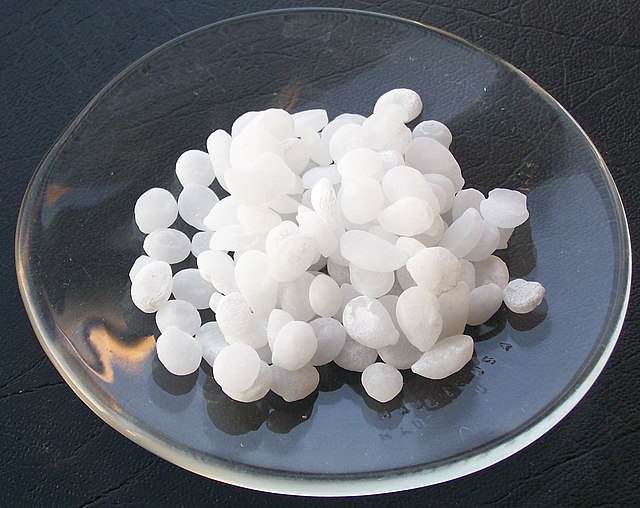Infinite photos and videos for every Wiki article ·
Find something interesting to watch in seconds
World Banknotes
Countries of the World
Celebrities
Presidents
History by Country
Kings of France
Wonders of Nature
Largest Empires
Richest US Counties
Largest Palaces
Great Museums
Great Cities
Recovered Treasures
Wars and Battles
Crown Jewels
Best Campuses
Sports
Rare Coins
Famous Castles
Tallest Buildings
Supercars
British Monarchs
Ancient Marvels
Orders and Medals
Animals
Great Artists
more top lists





